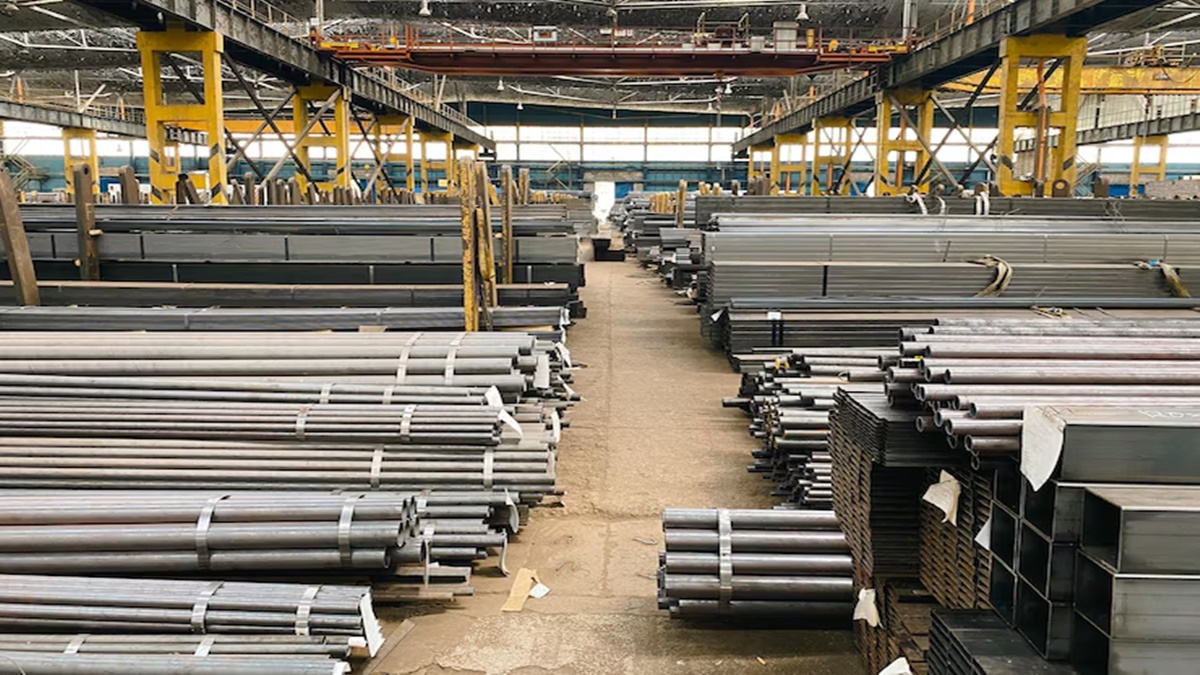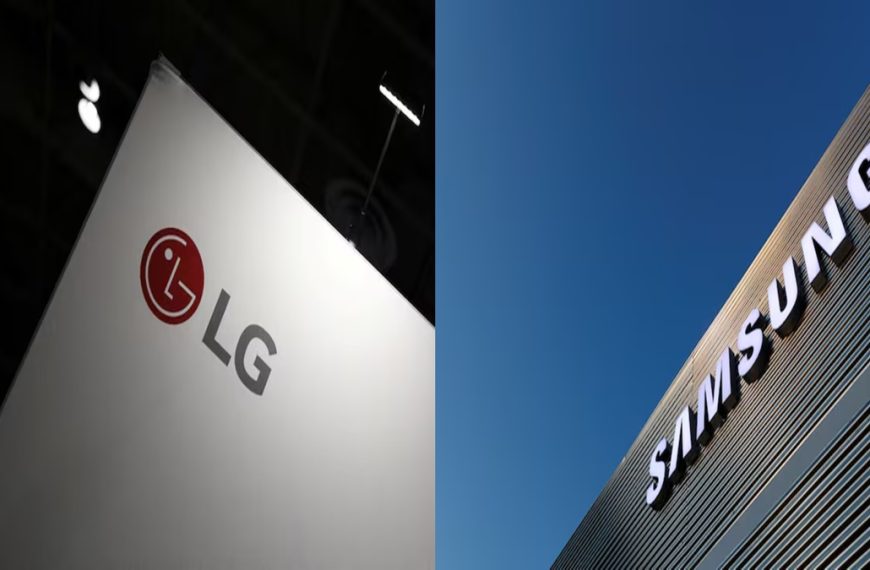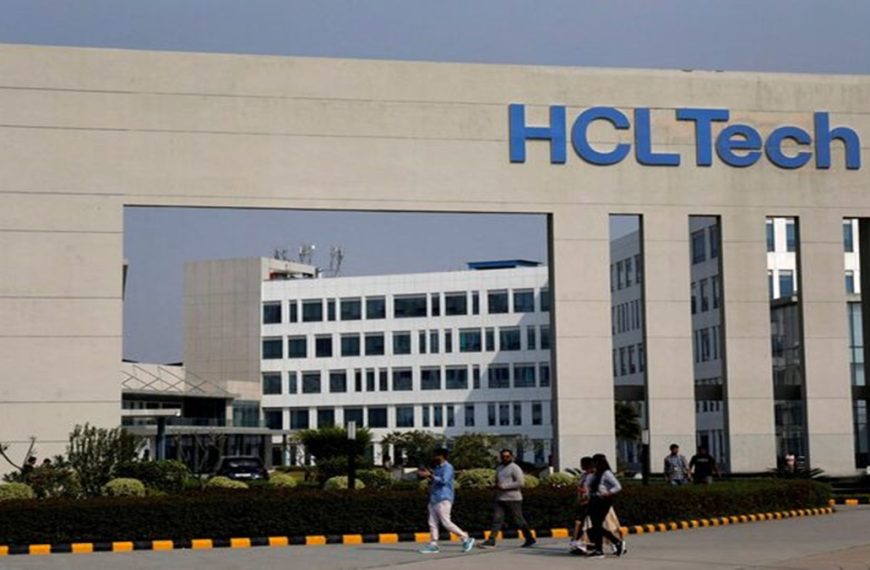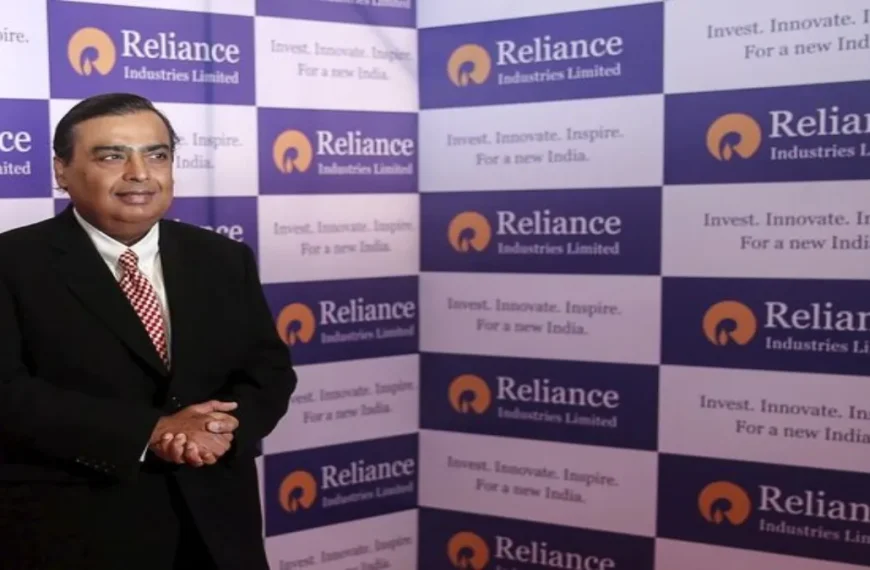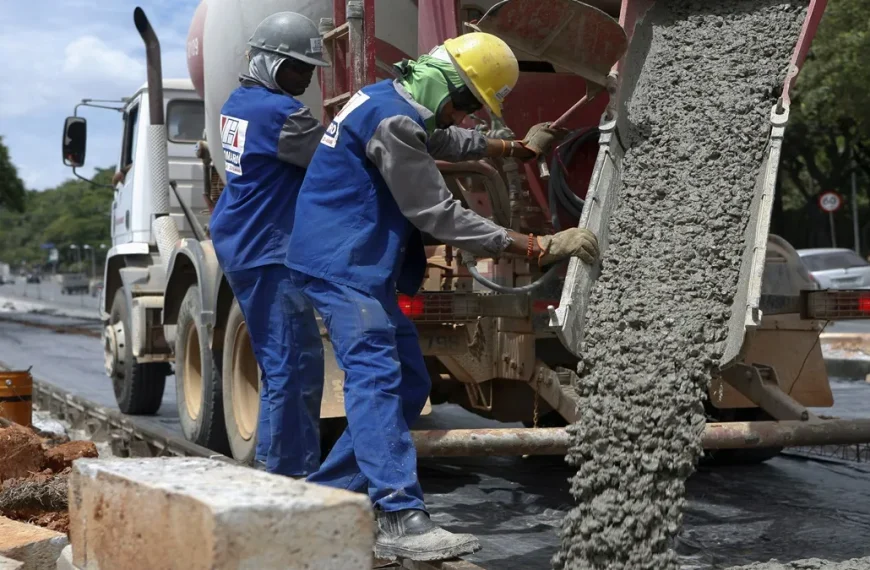On Monday, the Indian government announced a 12% provisional safeguard duty on essential steel imports, including hot rolled coils (HRC), due to a notable rise in shipments from several nations, particularly China. This decision is a response to concerns raised by domestic steel manufacturers regarding unfairly priced imports, which they argue are undermining the local market.
Overview of the Safeguard Duty
This safeguard measure will be in effect for 200 days and is subject to specific conditions and potential waivers. The decision follows an investigation by the Directorate General of Trade Remedies (DGTR), which found evidence supporting the claims of domestic producers. In the fiscal year 2025, India recorded steel imports of 9.5 million tonnes, while exports were only 4.9 million tonnes, marking the second consecutive year of being a net importer.
Impact of International Tariffs
The government’s move coincides with a global environment where countries, including India, are dealing with a 25% tariff imposed by the United States on steel and aluminum. India is actively challenging these additional duties at the World Trade Organization (WTO) and has initiated bilateral discussions with the U.S. to seek a resolution, with talks anticipated to take place later this week.
Details of the Duty Implementation
The Central Board of Indirect Taxes and Customs has officially issued the notification for the safeguard duty. In addition to HRC, the duty also applies to:
- Sheets and plates
- Hot rolled plate mill plates
- Cold rolled coils and sheets
- Metallic coated steel coils and sheets
- Colour coated coils and sheets
Importantly, if these products are priced above the thresholds set out in the notification—$675 per metric tonne for HRC and $964 per tonne for colour coated sheets—then the safeguard duty will not apply. Similar price thresholds have been established for the other three categories of products. Furthermore, imports from developing countries, excluding China and Vietnam, will be exempt from these duties.
Background of the Investigation
The safeguard duty follows an investigation initiated by the Indian Steel Alliance, representing major industry players like ArcelorMittal Nippon Steel, JSW Steel, Bhushan Power and Steel, and Steel Authority of India. The probe commenced in December, with preliminary findings and duty recommendations released in March.
Industry Applications and Exemptions
The products affected by this safeguard duty are widely used across various sectors, including:
- General engineering and fabrication
- Pipe manufacturing
- Construction
- Automotive industry
- Renewable energy
However, specialty steel products such as tinplate, stainless steel, and those used in electronics are exempt from these additional duties. This exemption aims to mitigate concerns from user industries regarding potential increases in production costs due to the new duties.
Future Considerations
As the DGTR investigation continues, these duties remain provisional. Once the investigation concludes, a final decision will be made. The introduction of the safeguard duty not only seeks to address long-standing issues related to dumping but also aims to prevent a surge in imports following the U.S. tariffs.
This proactive approach by the Indian government underscores its commitment to supporting domestic industries while navigating complex international trade dynamics.

